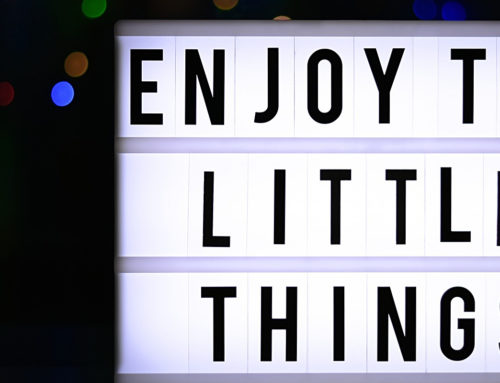Like other adolescent emotional issues, low self esteem presents a number of chicken and egg conundrums. We know that external factors such as obesity, peer difficulties and school underperformance often coincide with low self esteem, but which causes which? Recent studies indicate that the influence can go both ways.
While one may correctly assume, for instance, that being overweight impacts self esteem, a 2009 study from King’s College of London shows that the reverse seems to be true as well. Childhood emotional difficulties, including low self esteem, seem to increase the likelihood of adulthood obesity. Another recent study showed that many teens use violence to increase their social standing and deal with low self esteem. Among teenage girls, this behavior often takes the form of relational violence; i.e. non-physical behaviors calculated to isolate or ostracize the victim. Another 2010 study showed that being the victim of this kind of violence can lead to lower self-esteem. Together, these studies indicate that, on the one hand, low self-esteem drives certain external behaviors and, on the other hand, external behaviors and experiences cause or exacerbate low self-esteem.
But while the causes and symptoms of low self esteem may be complex and intertwined, research consistently points to high quality adult and peer relationships as the single best solution for low self esteem. Students who have highly supportive relationships with teachers and peers tend to have higher self-esteem than those who have less supportive adult and peer relationships. So if your child is suffering from low self-esteem, providing an environment that maximizes high-quality peer and adult relationships may be the best thing you can do. Strategies for fostering self-esteem boosting relationships include:
- Small Classrooms: Selecting a school with small classrooms maximizes the opportunity for your child to benefit from teacher support and close peer relationships.
- Mentoring: Providing your child with a mentor can create another opportunity for a non-judging, positive adult relationship
- Teams and Clubs: Sports teams and club involvement (especially in areas of interest to your teen) can create additional opportunities for positive adult and peer relationships.
- Family Therapy: Often relationships at home can be improved greatly, leading to increased self esteem. Family therapy can help all family members better understand and improve their relationships with each other.
- Individual Therapy: Many young people find sharing difficult unless they trust that what they share will be kept confidential. A good therapist can help create a safe, supportive relational context for sharing and connection.
- Relationships with Teachers: Proactively forging positive relationships with your child’s teachers, mentor, therapist and other caregivers may help foster increased support and attention for your child.
- Autonomy: Studies indicate that a sense of connection should be balanced with a sense of autonomy. Seek out an environment in which adult and peer relationships are close and supportive, not excessively controlling or smothering.




